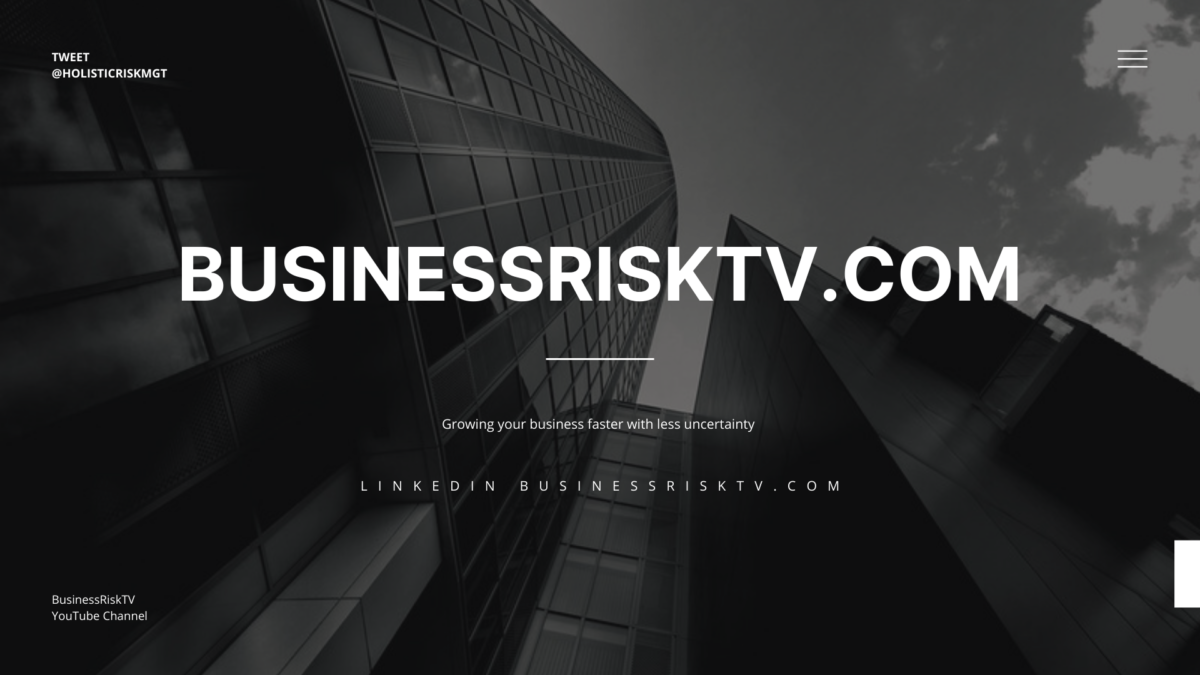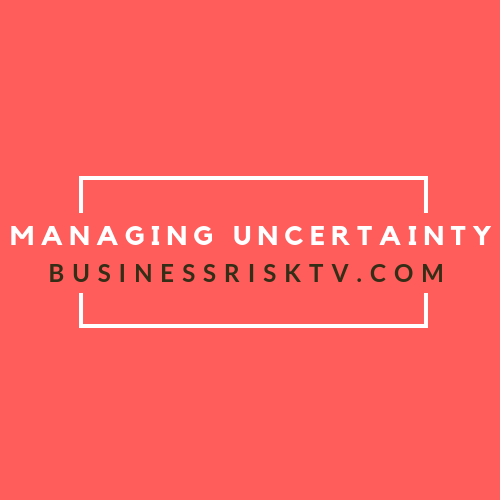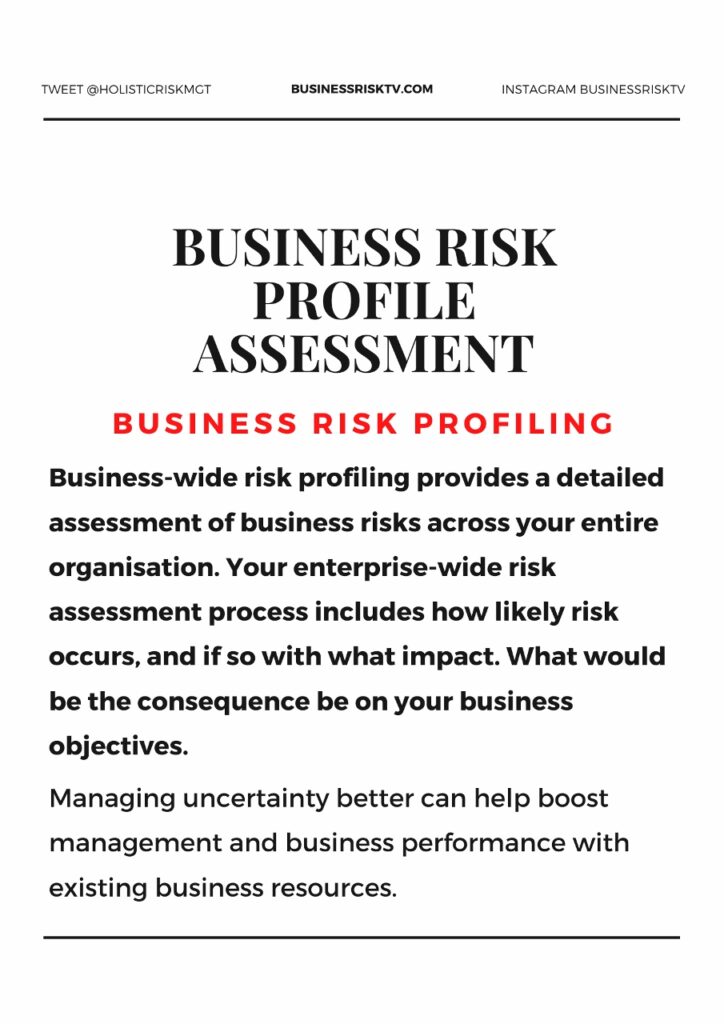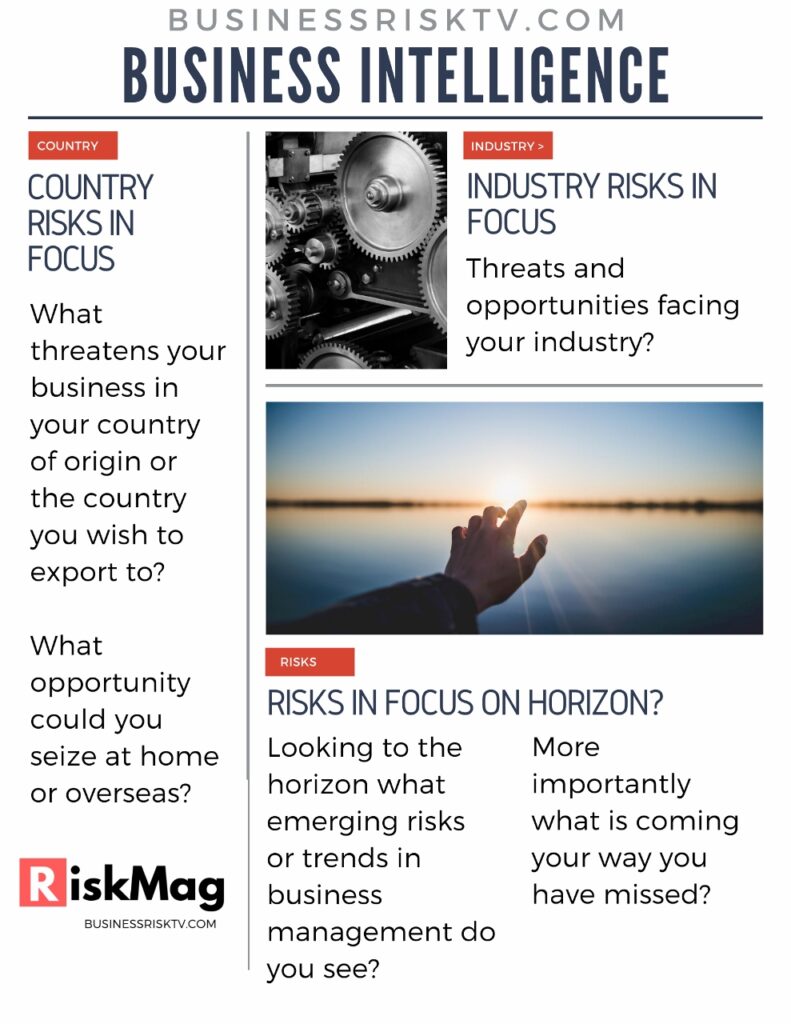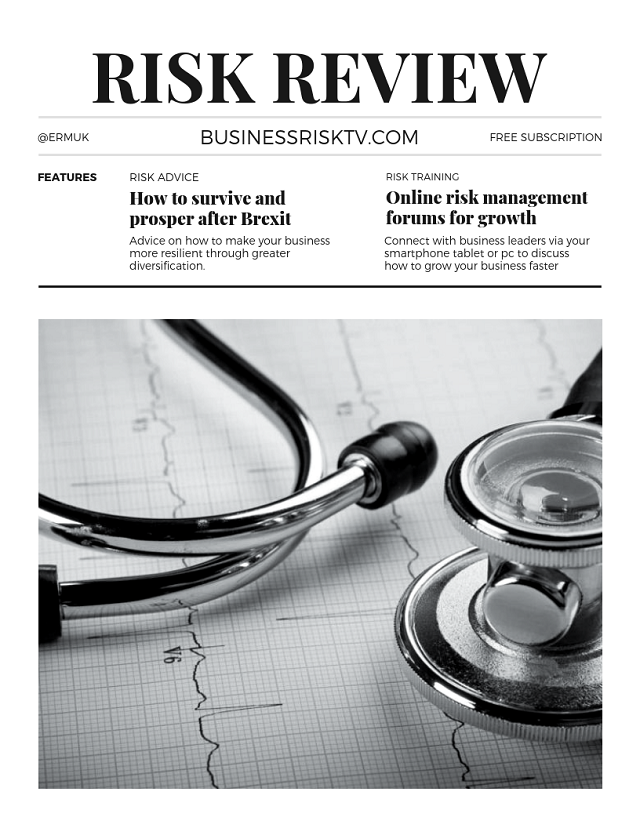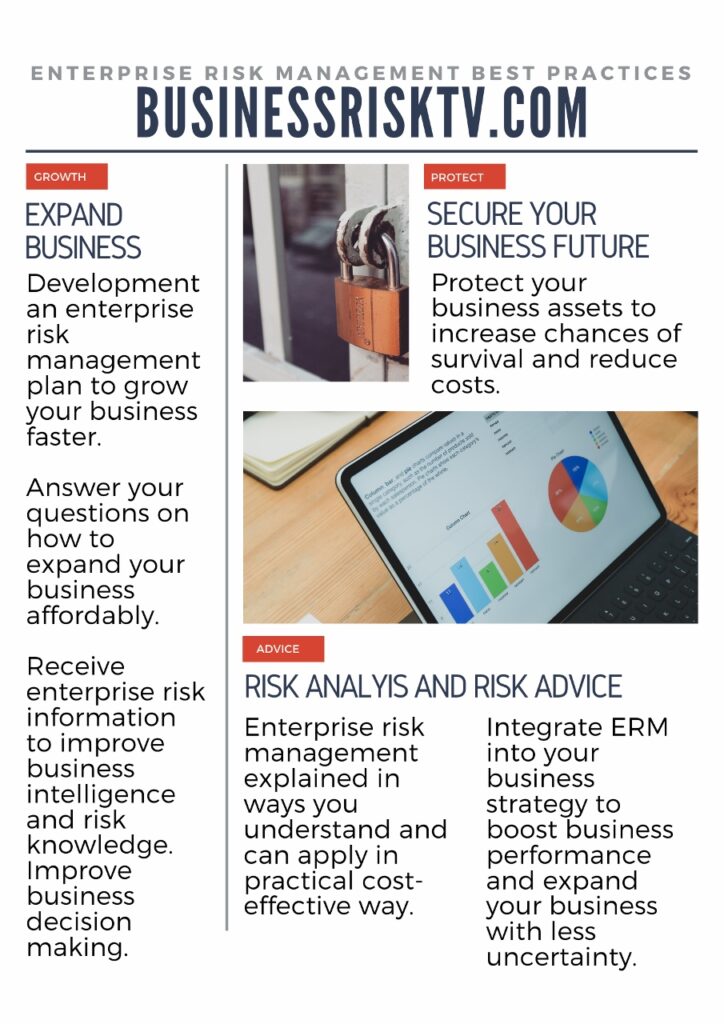Navigating the Looming Storm: A Guide for Businesses in the Face of Rising Debt and Global Economic Uncertainty
The global economy is facing a confluence of challenges, including rising sovereign, commercial, and personal debt levels, coupled with the looming threat of a global recession in 2024. These interconnected issues pose a significant threat to businesses of all sizes, potentially leading to financial instability, reduced consumer spending, and disruptions in supply chains.
The Rising Debt Crisis: A Cause for Concern
Sovereign debt, the debt owed by governments, has reached unprecedented levels worldwide. According to the International Monetary Fund (IMF), global sovereign debt reached a staggering 238% of global GDP in 2022. This excessive debt burden has raised concerns about countries’ ability to repay their obligations, potentially triggering sovereign debt crises and economic turmoil.
Commercial debt, the debt owed by businesses, has also been on an upward trend, driven by factors such as easy access to credit and expansionary monetary policies. While moderate levels of debt can be a useful tool for financing growth, excessive debt can strain a company’s finances and increase its vulnerability to economic downturns.
Personal debt, the debt owed by individuals, has also reached record highs in many countries. This is partly due to factors such as rising student loan balances, increasing healthcare costs, and the expansion of consumer credit. High levels of personal debt can reduce household spending power, further dampening economic growth.
The Looming Recession: A Threat to Business Stability
Economists are increasingly concerned about the possibility of a global recession in 2024. This recession could be triggered by a number of factors, including rising interest rates, a slowdown in economic growth in major economies, and geopolitical tensions.
A recession would have significant implications for businesses, leading to reduced demand for goods and services, job losses, and increased financial distress. Businesses that are overly reliant on debt may find themselves struggling to service their obligations and could even face bankruptcy.
Preparing for the Storm: Protecting Your Business
In the face of these challenges, business leaders need to take proactive steps to protect their companies and ensure their resilience in the face of economic uncertainty. Here are some key strategies to consider:
-
Strengthen your balance sheet: Reduce debt levels, build up cash reserves, and improve your liquidity position. This will make your company more resilient to economic shocks and give you more flexibility in the event of a downturn.
-
Diversify your customer base: Don’t become overly reliant on any single customer or industry. Expand your market reach and develop new customer relationships to reduce your vulnerability to sector-specific downturns.
-
Focus on cost efficiency: Identify areas where you can reduce costs without compromising quality or customer service. This could involve streamlining operations, renegotiating contracts with suppliers, and adopting new technologies.
-
Enhance your supply chain resilience: Develop contingency plans to deal with disruptions in your supply chain. This could involve sourcing materials from multiple suppliers, diversifying transportation routes, and investing in inventory management systems.
-
Communicate effectively with stakeholders: Keep your employees, customers, and investors informed about your company’s plans and strategies. Transparency and open communication can build trust and confidence in your company during challenging times.
The rising debt crisis and the looming global recession pose significant challenges for businesses. However, by taking proactive steps
to strengthen their balance sheets, diversify their customer base, focus on cost efficiency, enhance supply chain resilience, and communicate effectively, businesses can increase their resilience and position themselves for success in the years to come.
More business risk management articles
Enterprise Risk Management Magazine BusinessRiskTV ERM Magazine
Promote your business to grow faster through uncertain business environment
Sign up for 12 months Pro Risk Manager membership
Are you seeking growth or safety in 2024?
Navigating the Looming Storm: A Guide for Businesses in the Face of Rising Debt and Global Economic Uncertainty

